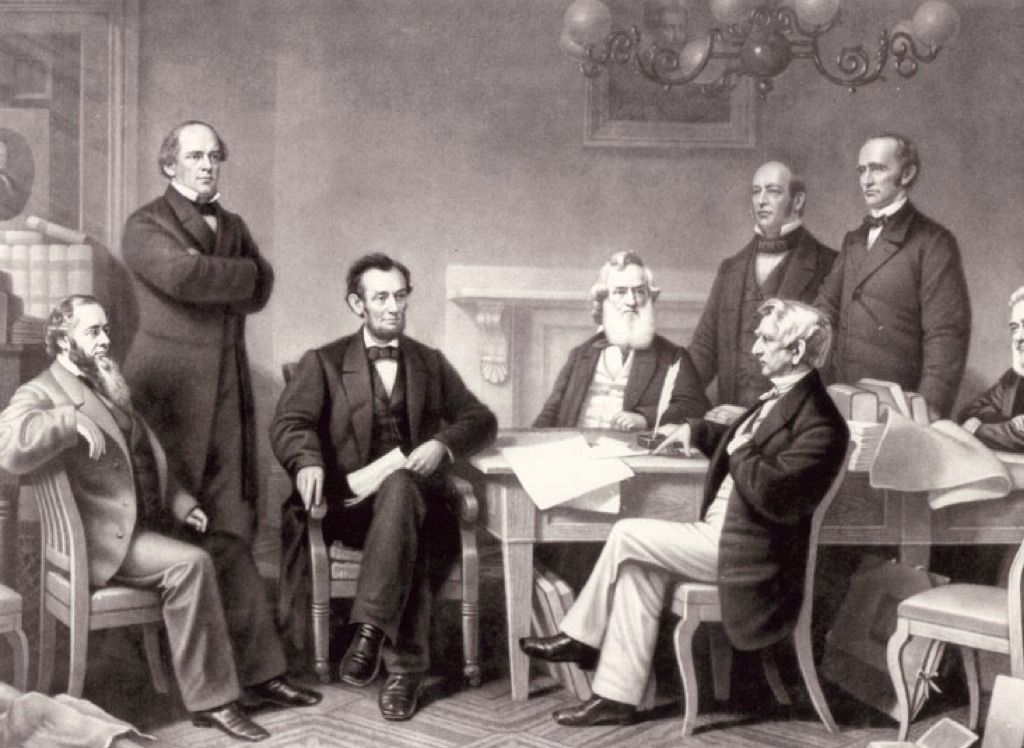Sign up for FlowVella
Sign up with FacebookAlready have an account? Sign in now
By registering you are agreeing to our
Terms of Service
Loading Flow


Abolition/Emancipation reform
By the 1830's, African Americans were joined by whites in the public criticism of slavery. White support for abolition was fueled by preachers like Charles G. Finney, who said that slavery was "a great national sin." Fueled by Massachusetts most radical abolitionist William Lloyd Garrision, people formed anti-slavery societies. Another huge supporter of abolition was David Walker, a free black man who advised other African Americans to fight for freedom rather than wait for slave owners to end slavery. Many free blacks, more willing to compromise than Walker, had joined one of many antislavery societies in the 1820's. In 1850, most of the free blacks in the south worked as day labourers, whereas in the north only the lowest paying jobs were offered to them.
Abolition n. Movement to end slavery.
Abolitionists had been working to end slavery since well before the Civil War.
Emancipation n. the freeing of slaves.
On January 1,1863, President Abraham Lincoln made the executive order freeing the slaves in all regions behind Confederate Lines.